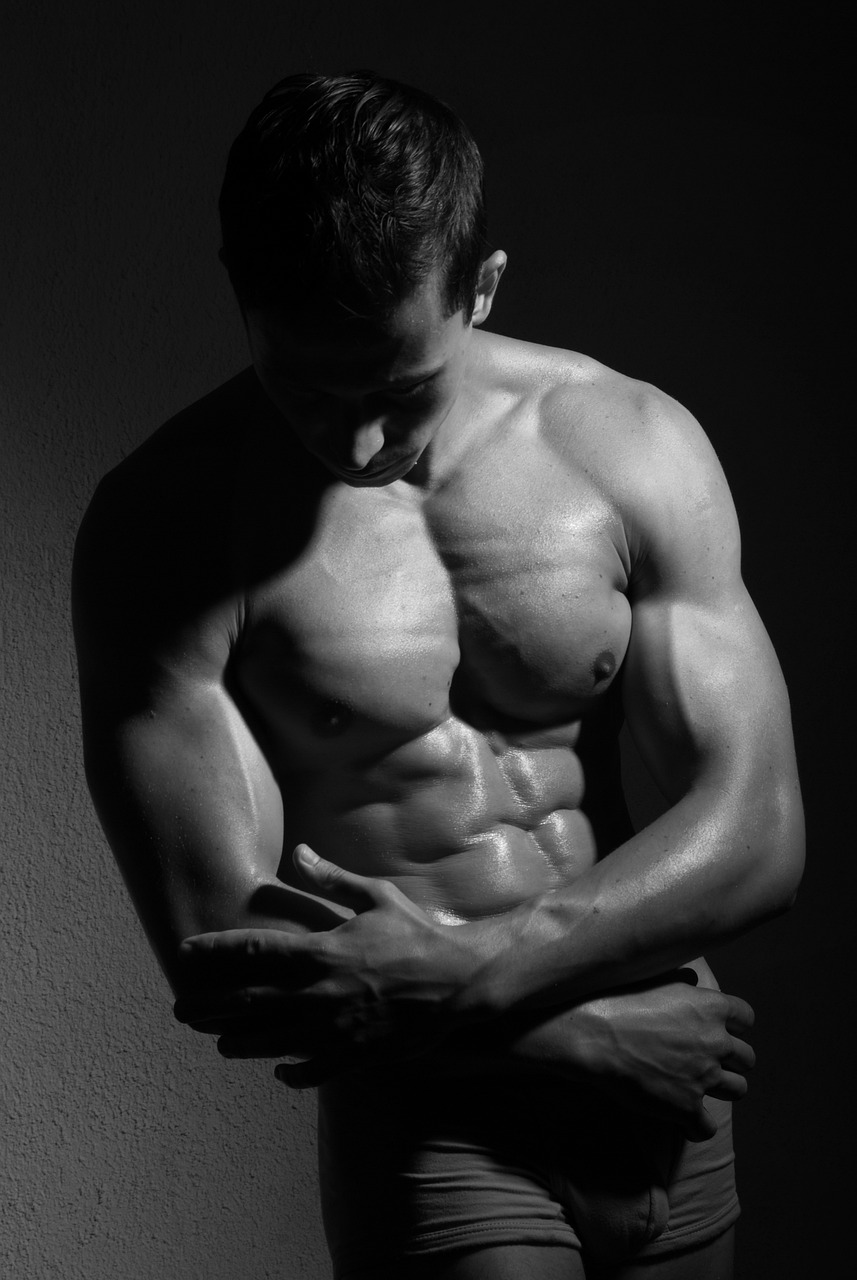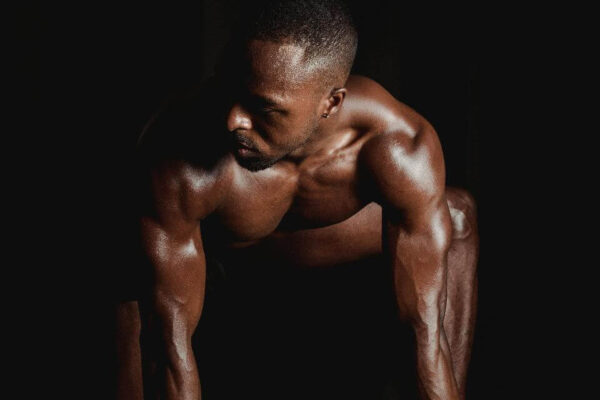Masculinity Through the Ideals of Ancient Gods

מספר מילים 540
Masculinity has long been a topic of interest and discussion in the modern world. It is an ever-evolving concept that is influenced by societal norms and cultural expectations. In recent years, there has been a shift in the way masculinity is defined, challenging traditional notions and paving the way for a more inclusive and diverse understanding.
Historically, masculinity has been associated with traits such as strength, assertiveness, and dominance. Men were expected to be the breadwinners and to exhibit a tough and stoic demeanor. However, with changing times and a push towards gender equality, these characteristics are no longer seen as the sole markers of masculinity.
Today, there is a greater emphasis on embracing vulnerability, emotions, and sensitivity, breaking free from the rigid expectations placed on men. Prominent figures such as Prince Harry and Will Smith have openly discussed their mental health struggles, shattering the stereotype that men should be tough and unemotional.
Another significant change in the concept of masculinity is the acceptance of diverse gender expressions and identities. Gender norms are being challenged, and individuals are encouraged to embrace their unique sense of self, regardless of societal expectations. This has created a more inclusive and accepting environment, allowing people to explore and express their masculinity in a way that feels authentic to them.
Additionally, there is a growing recognition of toxic masculinity and its harmful effects. Toxic masculinity refers to the adherence to traditional gender roles and expectations, often leading to aggressive and harmful behaviors. The #MeToo movement has shed light on the damaging consequences of toxic masculinity, bringing about a much-needed conversation about consent and respect.
In this modern understanding of masculinity, there is also a greater emphasis on healthy and positive masculinity. Men are encouraged to prioritize self-care, healthy relationships, and emotional well-being. This has created a space for men to explore aspects of themselves that were previously deemed "unmanly."
However, despite these positive changes, there are still aspects of masculinity that persist and are considered problematic. One such example is the prevalence of escort services, catering exclusively to men seeking companionship and fulfillment of their sexual desires. These services perpetuate the idea that a man's worth and masculinity are tied to his ability to purchase and control a woman's body. It reinforces traditional gender roles, where men are seen as dominant and women as objects for their pleasure.
While some may argue that these services provide a needed outlet for men, the underlying message is one of toxic masculinity. It perpetuates the idea that men are entitled to women's bodies and that a man's sexuality is something to be bought and sold. It also ignores the root causes of why these services are in demand, such as societal pressures and expectations placed on men.
In conclusion, the concept of masculinity in the modern world is constantly evolving and challenging traditional notions. There has been a positive shift towards a more diverse and inclusive understanding of masculinity, encouraging men to break free from rigid expectations and embrace their authentic selves. However, there are still aspects of toxic masculinity that persist, such as the prevalence of escort services, reminding us that there is still work to be done towards achieving true gender equality and breaking down harmful societal norms.



